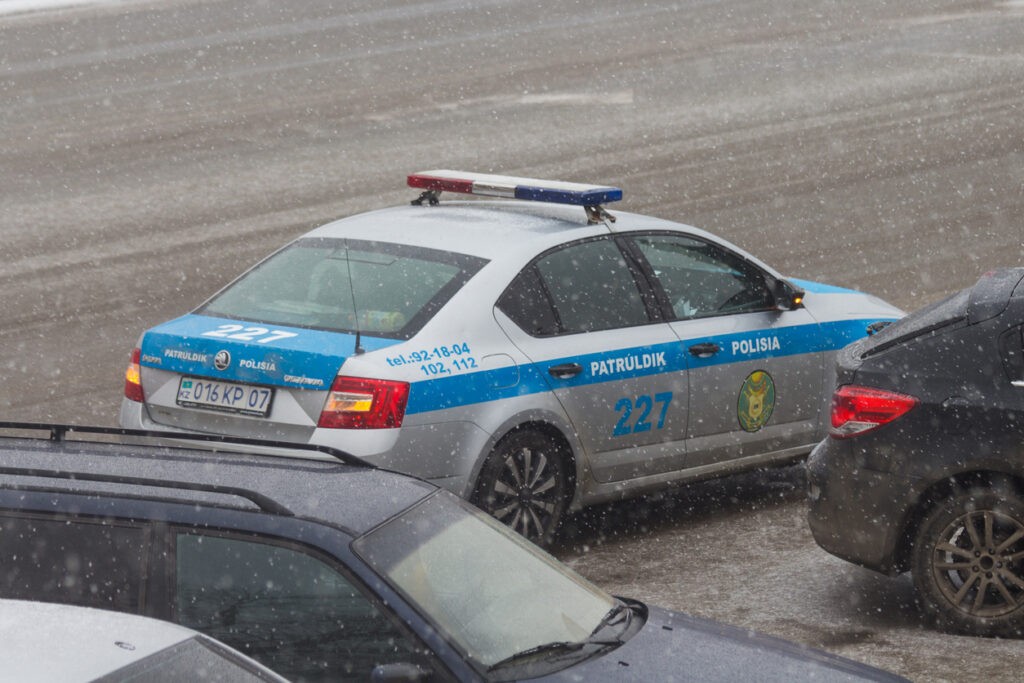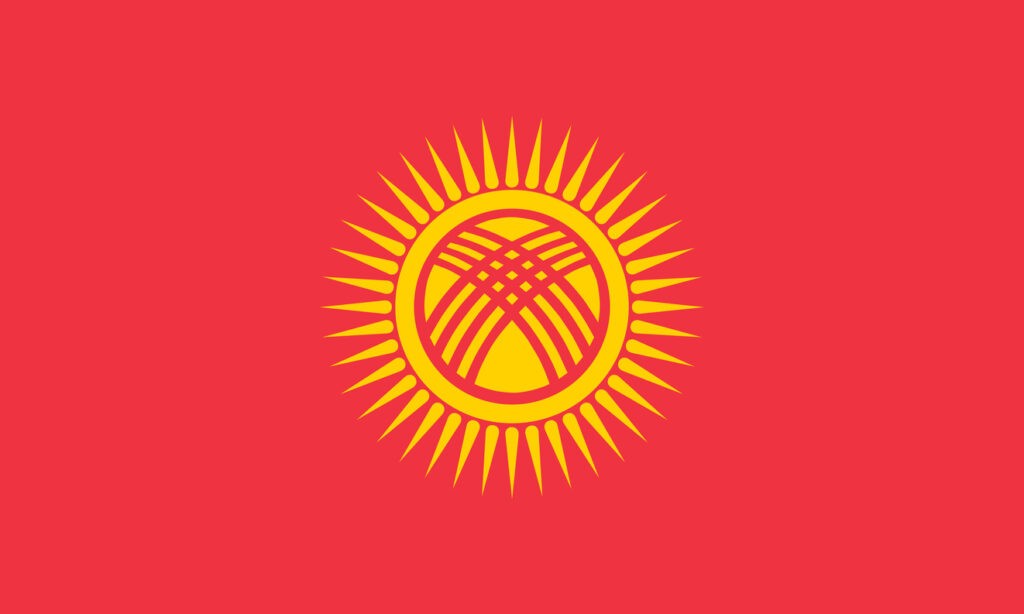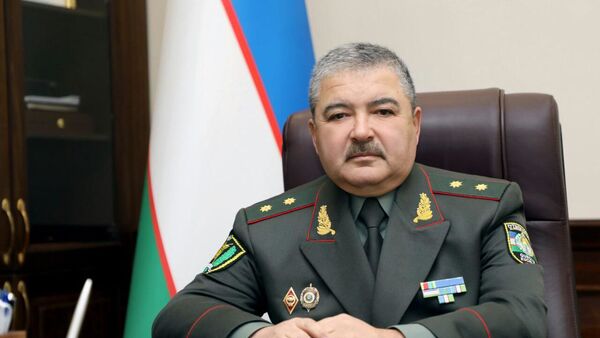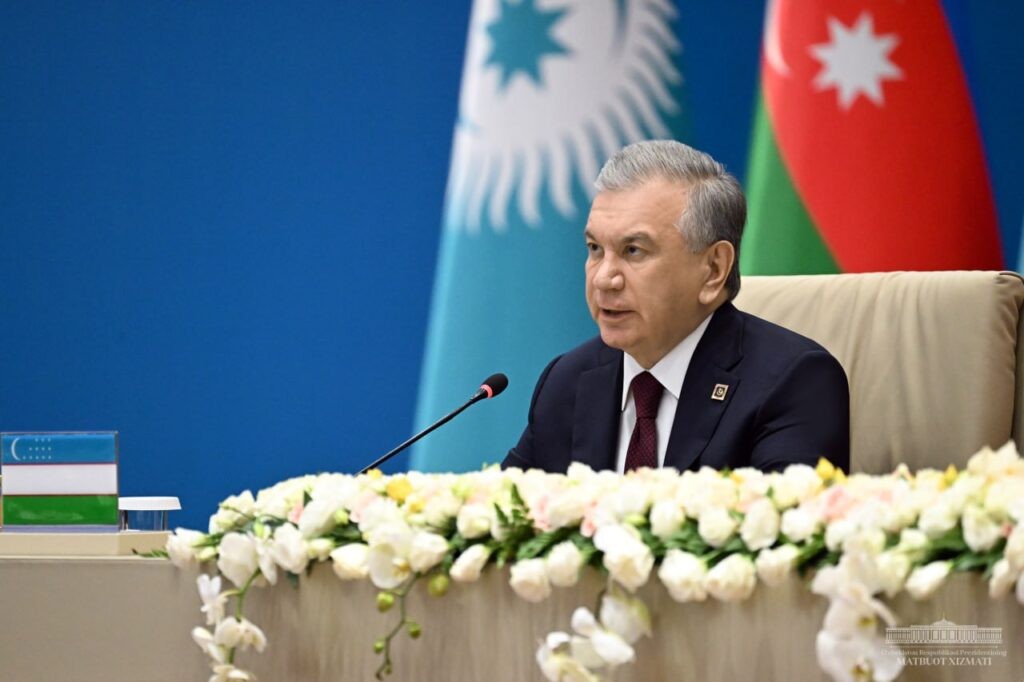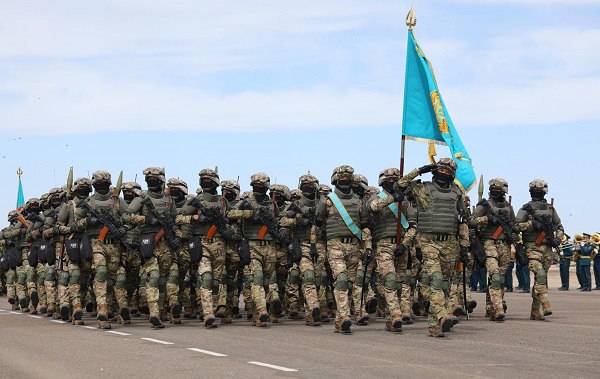KABUL (TCA) — NATO leaders reaffirmed the alliance’s support for its mission in Afghanistan, as the country grapples with a stubborn Taliban insurgency and threats from other extremist groups, RFE/RL reported.
The alliance currently oversees nearly 16,000 troops in Afghanistan, with support from both NATO members and partner states, as they try to stabilize the Afghan security forces. The largest contributor is the United States, which has 14,000 troops there.
A statement released by the alliance, after a July 11 meeting of heads of state, pledged continued support for the mission, known as Resolute Support.
“We reaffirm our commitment to ensure long-term security and stability in Afghanistan,” the statement said.
“As the Afghan government continues to work towards peace and reconciliation, we will continue our assistance by extending our financial sustainment of the Afghan forces through 2024 and by pledging to fill staffing shortfalls, especially in priority areas.”
The NATO statement also pointed the finger at Afghanistan’s neighbors — Iran and Pakistan — which have been accused of fomenting instability, as well as Russia, which some officials have said is supplying weaponry to the Taliban.
“We encourage Pakistan, Iran, and Russia to contribute to regional stability by fully supporting an Afghan-led and Afghan-owned peace process,” it said.
Ahead of the Brussels summit, British Prime Minister Theresa May announced that Britain will nearly double the number of its forces in Afghanistan — to about 1,100 troops who are assisting Afghan forces in the fight against Taliban and Islamic State militants.
The Kabul government has struggled in the past year against resurgent Taliban fighters, as well as Islamic State and Al-Qaeda militants, some almost two decades after a U.S.-led coalition drove the Taliban from rule in Afghanistan in 2001.


